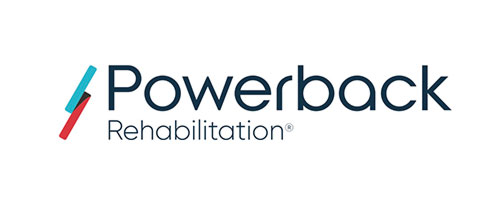Spa power: power-full moves designed for the spa by Mary Sanders, PhD, FACSM
Getting up from a chair, walking briskly, stopping abruptly, grabbing a handrail, recovering from a stumble or even braking quickly in a car are important functional skills. Muscle power is partially responsible for the speed at which a person can respond to such events. Power ability also contributes to maintaining balance and preventing falls.
Waneen Spirduso, EdD, professor of movement science at the University of Texas at Austin, and colleagues describe power as the speed at which a weight is lifted or force exerted—a concept expressed as force times velocity. As people age, they lose about 6–8% in relative power based on body mass or size. Clients can minimize these losses if they continue to train for power as they age, with an estimated 7.6% relative power loss for competitive athletes. Power declines greater than strength over time, with power loss accelerating between ages 60 and 89 years. The good news is, activity can help.






































